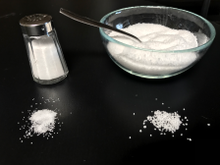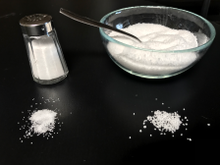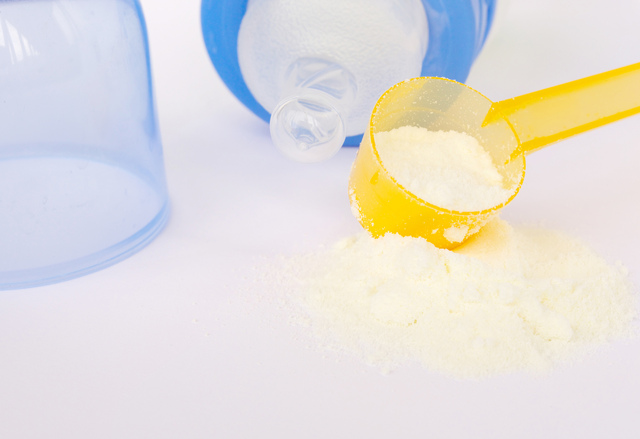Introduction: The Importance of Sodium in our Diet
While sodium is an essential mineral, it is crucial to balance its consumption. Find out when to add salt to your diet and how it benefits your health. Salt and sodium chloride are fundamental components of our daily diet. It enhances the flavor of food and plays a crucial role in maintaining the body’s fluid balance and nerve function. However, much debate surrounds the appropriate amount of salt to consume and when to add it to our diet. This article will explore when to add salt to your diet and how it can benefit your overall health and well-being.
Understanding the Need for Sodium
Sodium or salt is an essential mineral that our bodies need to function correctly. It maintains fluid balance, regulates blood pressure, and supports muscle and nerve function. While the body requires sodium to perform these vital functions, too much or too little can adversely affect our health.
Sodium and Exercise
When we exercise, our bodies lose sodium through sweat. Sodium depletion during intense physical activity can lead to muscle cramps, fatigue, and even hyponatremia, a condition characterized by low sodium levels in the blood. Therefore, individuals who exercise regularly or participate in endurance sports may need to add salt to their diet to replenish the lost sodium and maintain proper hydration and muscle function. Salt will benefit the high-performing athlete.
Sodium and Highly Processed Foods
Highly processed foods, such as canned soups, deli meats, and snack foods, often contain high amounts of sodium. These foods are often convenient but can contribute to a high sodium intake if consumed regularly. Excessive sodium consumption has been shown to increase blood pressure, heart disease, and stroke. Thus, we must be mindful of processed foods’ sodium content and make healthier choices by incorporating fresh and minimally processed options into our diet.
How to Add Salt to Your Diet in a Healthy Way
Adding salt to your diet should be done in moderation and with careful consideration of your individual needs and health conditions. Here are some tips to add salt to your diet in a healthy way:
- Focus on whole foods – Instead of processing foods, opt for whole foods like fruits, vegetables, whole grains, and lean proteins. These foods naturally contain sodium and other essential nutrients without the added preservatives and high sodium levels found in processed foods.
- Use salt in cooking and seasoning – When preparing meals at home, use salt sparingly to enhance flavors. Incorporate herbs, spices, and other seasonings to add taste and reduce the need for excessive salt.
- Read food labels – Pay attention to food labels and choose products with lower sodium content. Look for options labeled “low-sodium” or “no added salt” when purchasing processed foods.
- Gradually reduce sodium intake – If you are accustomed to consuming high sodium levels, it is important to gradually reduce your intake to allow your taste buds to adjust. Over time, you will become more sensitive to the flavors of foods and require less salt.

Conclusion: Balancing Sodium Intake for Optimal Health
While sodium is an essential mineral, it is crucial to balance its consumption. Adding salt to your diet is necessary when exercising or replenishing sodium lost through sweat. However, reducing intake from highly processed foods and making conscious choices about the amount of salt added during cooking or seasoning can help maintain optimal health and prevent associated health risks.
By being mindful of your sodium intake, focusing on whole foods, and making informed choices, you can ensure that you add salt to your diet healthily and beneficially. Remember, moderation is essential to maintaining a well-balanced diet and a healthy lifestyle.




